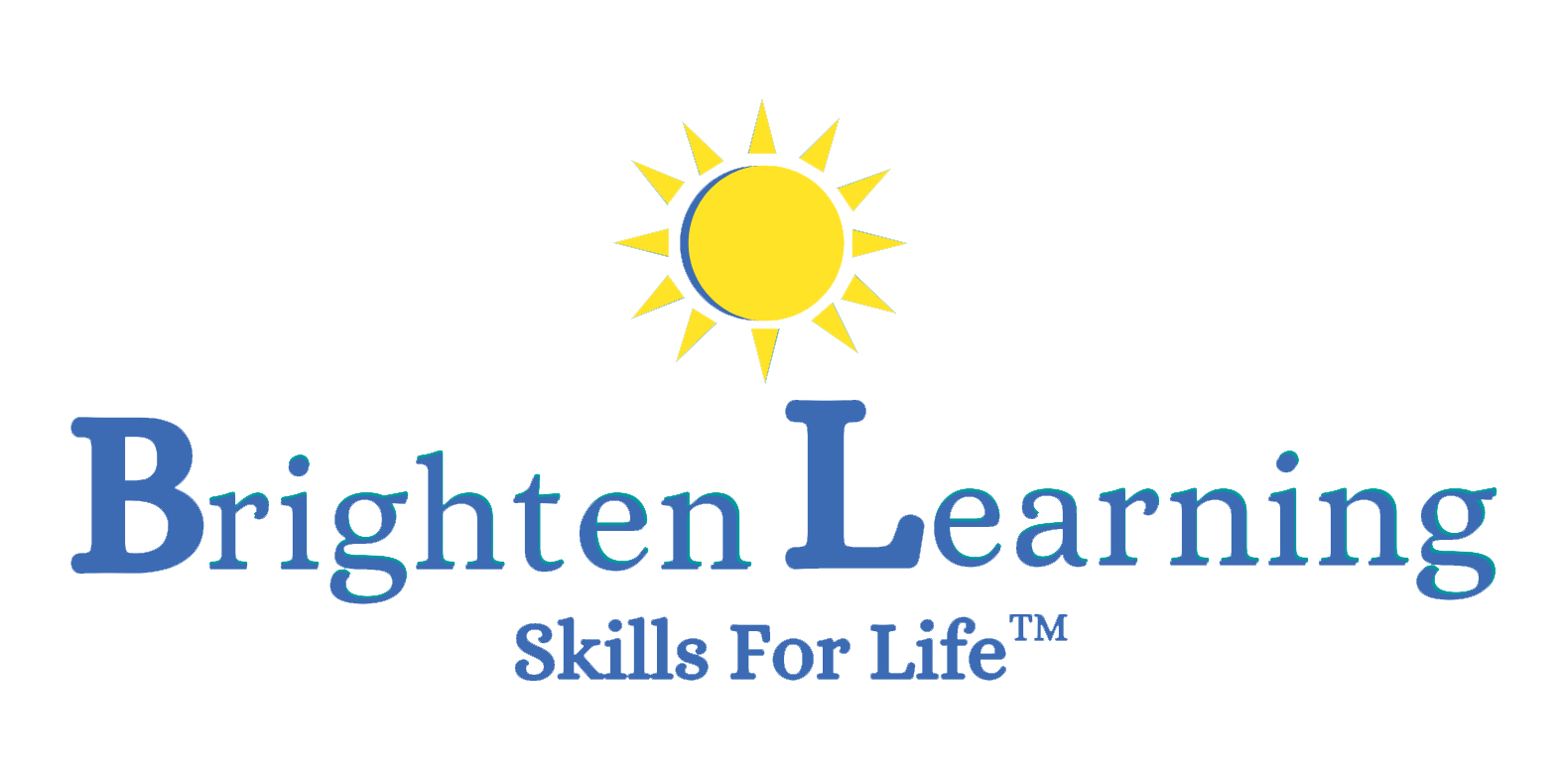Improving Social Skills of Kids with Autism: An Optimistic Research Study!
 I have long believed that children with autism really do have the ability to improve their social skills and make friends. Good news! Now there’s a study that agrees with me.
I have long believed that children with autism really do have the ability to improve their social skills and make friends. Good news! Now there’s a study that agrees with me.
Researchers at the Koegel Autism Center at UC Santa Barbara found that children with autism can make friends. The research study focused on children diagnosed with ASD (autism spectrum disorders) in junior high and high school. This is great news because they found that these adolescents are as capable as anyone else of making strong friendships.
Parents know that junior high and high school years are tough for all kids. I certainly still remember tough times from when I was that age! Don’t you?
But as parents of kids with autism, we know it is—or will be—even more difficult for them to make friends.
The Koegel Autism Center study supports another belief I have:
The autistic brain is not as impacted as everyone previously thought it was when it comes to social skills and social interaction.
Researchers found that by focusing on the strengths of these autistic kids, they were able to form friendships. Strong ones!
Here’s how they did it in a nutshell. You can read more here at Medical Express.
The researchers focused on two common strengths of kids with autism:
1. They are very smart
2. They have very specific interests (The study called them “restricted” interests.)
The study found a way around the fact that often the “restricted” interests can cause other kids to avoid a child with autism. It worked with the restricted interests by involving the autistic child in activities that they’re especially good at.
The article shares this example:
A student with autism loves computer graphics. So the research team organized a graphic design club and invited both the student with autism and the other (neurotypical) students. The club members designed logos for businesses and companies.
Most of the other (non-autistic) students didn’t have any expertise in computer graphics design. So they came to rely on the boy with autism. The entire club needed the ASD student to be successful! And he was. The students even elected the ASD student as their club president.
This example shows that by using an activity that allowed the student with autism to shine, he was able to interact and engage with his peers in a more meaningful way. He was able to make friends.
In this case because he was interacting with his fellow students on a topic he loves and is good at—computer graphics design—his social skills were better!
I think that we all meld best with other people who share our interests. Kids are no different. Kids with autism aren’t any different either.
I think this gives all of us who are parenting, educating, and working with kids with autism hope. It also shows that we all must invest time to help our kids with autism to improve their social skills.
What are your thoughts? Have you seen your child with autism making friends more easily when he or she is around others with their same interests? Please leave your comments below in our comments box.
–Marc
This study was published in the Journal of Positive Behavior Interventions. Click here to view the website for the Journal.
